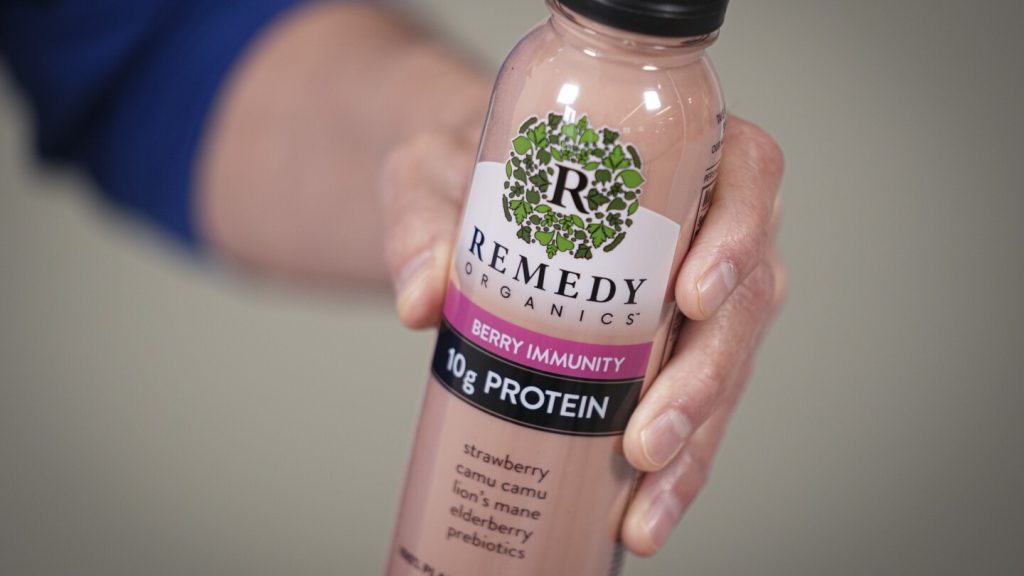The trend of functional beverages is on the rise, with supermarket aisles now resembling a pharmacy. These drinks are designed to offer more than just hydration or taste, promising benefits such as mental clarity, digestive health, and better skin. The industry has grown significantly since the late 1980s, with hundreds of brands competing for consumers’ attention with exotic ingredients and wellness-focused marketing. From energy drinks to non-alcoholic spirits, the variety of functional beverages available continues to expand, offering solutions for a range of needs and preferences.
Consumer interest in healthier beverages is a positive trend, but experts warn that consumers should be cautious and read ingredient labels to avoid hidden sugars and empty calories. Different people have different nutritional needs, so it’s essential to choose beverages that align with individual health goals. While the FDA regulates ingredients and requires truthful labeling, some companies may make vague claims, and the scientific evidence behind certain functional beverages can be inconclusive. It’s crucial to consume such beverages in moderation to prevent potential negative reactions.
Historically, humans have sought added benefits from their drinks, with ancient cultures using natural ingredients for perceived healing effects. Today, social media plays a significant role in spreading information about the benefits of lesser-known ingredients like adaptogens and nootropics. Consumer awareness of functional ingredients has increased, leading to a surge in sales of prebiotic and probiotic drinks. Some consumers view functional beverages as guilt-free indulgences, enjoying them for their natural ingredients and potential health benefits.
A significant portion of the functional beverage market caters to consumers looking to reduce their alcohol intake. Non-alcoholic drinks with natural ingredients aim to provide the social and relaxing aspects of alcoholic beverages without the negative effects of alcohol. The increasing variety of brands and health claims in the market can be overwhelming for consumers, leading some experts to recommend sticking to whole foods for optimal health benefits. Despite the high cost of functional beverages, sales continue to grow, driven by consumer demand for healthier options in the beverage market.
While the functional beverage trend shows no signs of slowing down, some experts believe that consumers may eventually return to simpler, less specific beverages. With the wide range of ingredients and health claims in functional beverages, some consumers may prefer a more straightforward approach to their beverage choices. Ultimately, experts recommend prioritizing whole foods for optimal health benefits, ensuring that consumers know exactly what they’re consuming. As the functional beverage market continues to evolve, consumers are encouraged to make informed choices based on their individual health needs and preferences.


